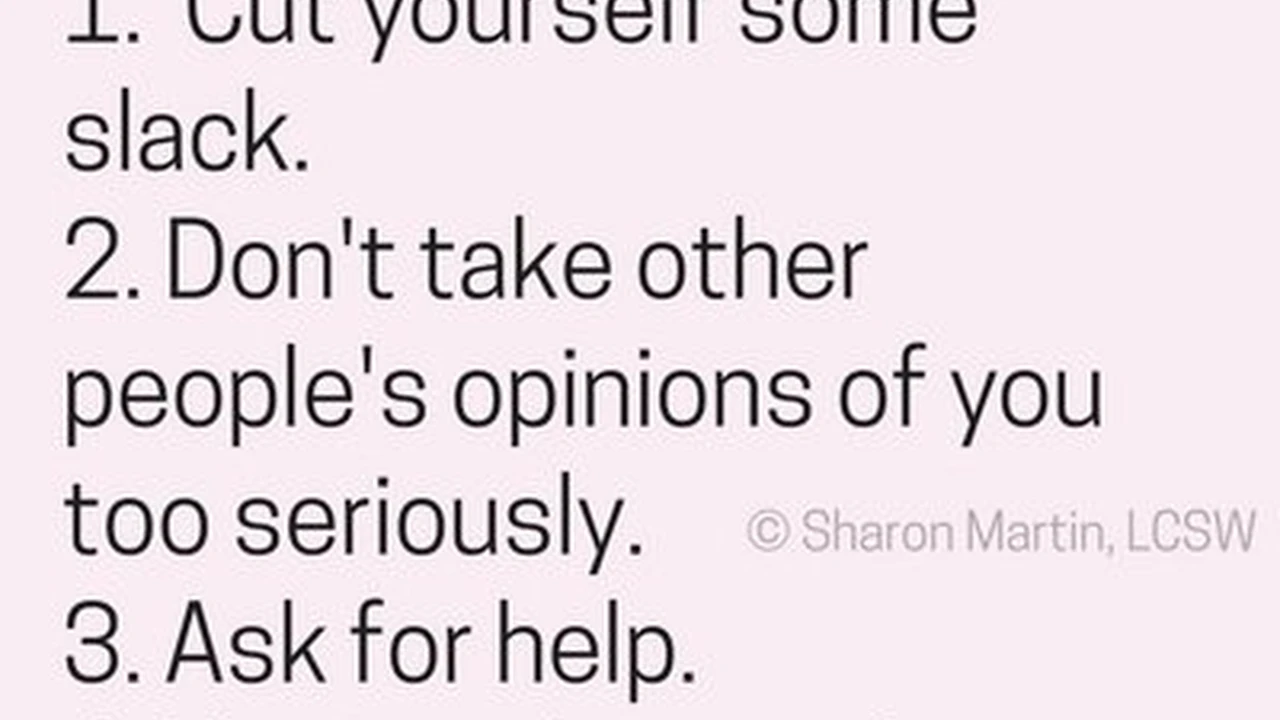How to Prevent Osteoporosis: Build Strong Bones
Sample meta description.

Understanding Osteoporosis Your Bone Health Guide
Okay, let's talk about osteoporosis. It's not exactly a fun topic, but it's super important, especially as we get older. Basically, osteoporosis is a condition where your bones become weak and brittle, making them more likely to fracture. Think of it like this: healthy bones are dense and strong, like a sturdy oak tree. Osteoporotic bones, on the other hand, are more like a dry, brittle twig that snaps easily. It's way more common than you might think, and it affects millions of people worldwide. The scariest part? You often don't know you have it until you break a bone. So, let's dive into how to prevent it and keep those bones strong!
Calcium The Cornerstone of Bone Density
Calcium is the absolute rockstar when it comes to bone health. It's the main building block of your bones, and you need a steady supply throughout your life to keep them strong and dense. Think of calcium as the bricks that build your bone castle. Without enough bricks, your castle will be weak and prone to crumbling. The recommended daily intake of calcium varies depending on your age and gender, but generally, adults need around 1000-1200mg per day. Now, where do you get this crucial nutrient? Dairy products like milk, yogurt, and cheese are excellent sources. Leafy green vegetables like kale and spinach are also good options, although your body might not absorb the calcium from these sources as efficiently as from dairy. Fortified foods, such as cereals and plant-based milks (almond, soy, oat), are another convenient way to boost your calcium intake. If you're struggling to get enough calcium through your diet, consider a calcium supplement. But remember, more isn't always better! Talk to your doctor about the right dosage for you. Too much calcium can actually lead to other health problems.
Vitamin D The Key to Calcium Absorption
Vitamin D is like the key that unlocks calcium's potential. Your body needs vitamin D to absorb calcium properly. Without enough vitamin D, your body can't use the calcium you're consuming, and it's all for naught. Think of it as trying to start a car without the key – you can have all the gas in the world, but you're not going anywhere! The best way to get vitamin D is through sunlight exposure. When your skin is exposed to sunlight, it produces vitamin D. However, many factors can affect your body's ability to produce vitamin D, including your skin color, the time of year, and where you live. People with darker skin, those who live in northern latitudes, and those who spend most of their time indoors are at higher risk of vitamin D deficiency. Food sources of vitamin D include fatty fish like salmon and tuna, egg yolks, and fortified foods like milk and cereal. But it can be tough to get enough vitamin D from food alone. That's where supplements come in. A vitamin D supplement can help you reach your daily recommended intake, which is typically around 600-800 IU (International Units) for adults. Again, it's a good idea to talk to your doctor about the right dosage for you.
Exercise Weight Bearing Activities for Stronger Bones
Exercise isn't just good for your heart and muscles; it's also fantastic for your bones! Weight-bearing exercises are particularly beneficial for bone health. These are exercises that force your bones to work against gravity, which helps to increase bone density. Think of it as giving your bones a workout! Examples of weight-bearing exercises include walking, running, jogging, dancing, hiking, and weightlifting. Even simple activities like climbing stairs can help strengthen your bones. Aim for at least 30 minutes of weight-bearing exercise most days of the week. If you're new to exercise, start slowly and gradually increase the intensity and duration of your workouts. It's also important to talk to your doctor before starting any new exercise program, especially if you have any underlying health conditions. In addition to weight-bearing exercises, strength training is also important for bone health. Strength training involves using resistance to build muscle strength, which also helps to strengthen your bones. You can use weights, resistance bands, or even your own body weight for strength training exercises. Examples of strength training exercises include squats, lunges, push-ups, and rows.
Lifestyle Factors Smoking and Alcohol Consumption
Your lifestyle choices can have a big impact on your bone health. Smoking and excessive alcohol consumption are both major risk factors for osteoporosis. Smoking interferes with your body's ability to absorb calcium and can also decrease estrogen levels, which are important for bone health. Alcohol can also interfere with calcium absorption and can increase the risk of falls, which can lead to fractures. If you smoke, quitting is one of the best things you can do for your bone health (and your overall health!). If you drink alcohol, do so in moderation. This means no more than one drink per day for women and no more than two drinks per day for men. In addition to avoiding smoking and excessive alcohol consumption, it's also important to maintain a healthy weight. Being underweight can increase your risk of osteoporosis, as can being overweight. Talk to your doctor about what a healthy weight is for you.
Specific Product Recommendations for Bone Health Support
Okay, let's talk about some specific products that can help support your bone health. Remember, these are just suggestions, and it's always best to talk to your doctor before starting any new supplements or medications.
Calcium Supplements: Caltrate vs. Citracal
When it comes to calcium supplements, there are two main types: calcium carbonate and calcium citrate. Caltrate is a brand of calcium carbonate, which is the most common and affordable type of calcium supplement. It's best taken with food, as stomach acid helps with absorption. Citracal is a brand of calcium citrate, which is more easily absorbed, especially on an empty stomach. This makes it a good option for people who have digestive issues or who are taking medications that reduce stomach acid. Both Caltrate and Citracal are available in various dosages and formulations. The price of Caltrate typically ranges from $10-$20 for a bottle of 60-120 tablets, while Citracal tends to be slightly more expensive, ranging from $15-$25 for a similar quantity. When choosing a calcium supplement, consider your individual needs and preferences. If you have digestive issues, Citracal might be a better choice. If you're looking for the most affordable option, Caltrate is a good choice. Always follow the dosage instructions on the label and talk to your doctor about the right dosage for you.
Vitamin D Supplements: Nature Made vs. Garden of Life
Vitamin D supplements are available in two main forms: vitamin D2 (ergocalciferol) and vitamin D3 (cholecalciferol). Vitamin D3 is generally considered to be more effective at raising vitamin D levels in the blood. Nature Made is a popular brand of vitamin D3 supplements. They offer a variety of dosages and formulations, including softgels, tablets, and gummies. The price of Nature Made vitamin D3 supplements typically ranges from $5-$15 for a bottle of 60-100 softgels. Garden of Life is another popular brand of vitamin D3 supplements. They offer a variety of organic and plant-based options, including vegan vitamin D3 supplements derived from lichen. The price of Garden of Life vitamin D3 supplements tends to be slightly higher than Nature Made, ranging from $10-$20 for a similar quantity. When choosing a vitamin D supplement, consider your individual needs and preferences. If you're looking for an affordable and readily available option, Nature Made is a good choice. If you prefer organic or plant-based options, Garden of Life is a good choice. Always follow the dosage instructions on the label and talk to your doctor about the right dosage for you.
Protein Powders: Whey vs. Plant Based
Protein is essential for building and repairing tissues, including bone. While a balanced diet should provide sufficient protein, some individuals may benefit from supplementation. Whey protein is a popular choice, derived from milk. It's readily absorbed and contains all essential amino acids. Plant-based protein powders, such as soy, pea, or brown rice protein, are excellent alternatives for vegans or those with dairy sensitivities. Consider brands like Optimum Nutrition (whey) or Orgain (plant-based). Whey protein is great post-workout for muscle recovery and supports bone health indirectly through muscle strength. Plant-based options are ideal for smoothies and can be easily incorporated into meals. A single serving typically costs around $1-3 depending on the brand and size of the container. Experiment to find a flavor and texture you enjoy!
Collagen Supplements: Vital Proteins vs. Ancient Nutrition
Collagen is a protein that provides structure to bones, skin, and other tissues. As we age, collagen production naturally declines. Collagen supplements are available in various forms, including powders, capsules, and gummies. Vital Proteins is a popular brand of collagen supplements. They offer a variety of collagen peptides derived from bovine, marine, and avian sources. The price of Vital Proteins collagen peptides typically ranges from $20-$40 for a container of 20-40 servings. Ancient Nutrition is another popular brand of collagen supplements. They offer a variety of collagen supplements derived from grass-fed, pasture-raised bovine sources. The price of Ancient Nutrition collagen supplements tends to be slightly higher than Vital Proteins, ranging from $30-$50 for a similar quantity. When choosing a collagen supplement, consider your individual needs and preferences. If you're looking for a versatile and readily available option, Vital Proteins is a good choice. If you prefer grass-fed, pasture-raised sources, Ancient Nutrition is a good choice. Collagen powders can be added to coffee, smoothies, or baked goods. Some users report improved joint health and skin elasticity. Always follow the dosage instructions on the label and talk to your doctor about whether collagen supplementation is appropriate for you.
Regular Bone Density Screenings: When and Why
Regular bone density screenings are crucial for detecting osteoporosis early, before a fracture occurs. A bone density screening, also known as a DEXA scan, measures the density of your bones and can help determine your risk of fracture. The National Osteoporosis Foundation recommends that women over the age of 65 and men over the age of 70 get a bone density screening. Younger women and men who have risk factors for osteoporosis should also consider getting screened. Risk factors for osteoporosis include a family history of osteoporosis, a history of fractures, smoking, excessive alcohol consumption, and certain medical conditions and medications. Talk to your doctor about whether you should get a bone density screening and how often you should get screened.
:max_bytes(150000):strip_icc()/277019-baked-pork-chops-with-cream-of-mushroom-soup-DDMFS-beauty-4x3-BG-7505-5762b731cf30447d9cbbbbbf387beafa.jpg)






